Advancing Racial Justice in Ohio
Since launching in 2020 the Racial Justice Initiative has provided $1 million in grant funding to support projects focused on long-lasting impact and institutional change for racial justice. The specific focus of the Racial Justice Initiative is to support projects that specifically identify, address, and challenge systemic racism which hinders the pursuit of justice and public understanding of the rule of law for historically marginalized communities of color in Ohio.
OSBF grants are project based (not operational). The OSBF encourages proposals which promote racial justice that:
- Identify and address systemic biases
- Provide stable, replicable framework to eliminate systemic racism
- Educate the public or other external stakeholders
- Collaborate with legal systems such as courts, law enforcement, corrections, and others
- And/or eliminate legal barriers for BIPOC collectively
At this time, the OSBF must discourage against proposals aimed at improving internal organizational issues with diversity, equity, and inclusion or performing internal equitability assessments. While these activities are beneficial, OSBF grant funding is limited and cannot adequately sustain requests for internal organizational improvements.
Next Application 2024 - TBD
MEET THE RJI GRANT RECIPIENTS

$8,000 to the Driven While Black Podcast to share the lived experiences of Black people in the pursuit of excellence and discuss racial disparities in the legal education system.
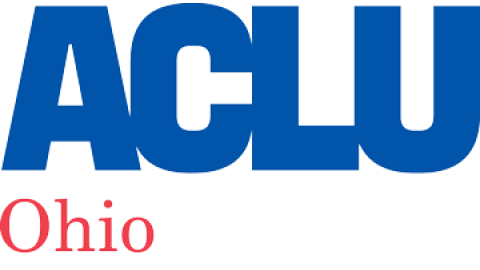
$35,000 to the American Civil Liberties Union of Ohio Foundation for its Know Your Rights: Rights versus Reality educational program. This project will educate the public on systemic racism and provide tools for safe interactions with law enforcement.
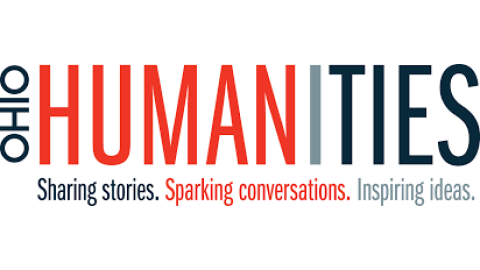
$25,000 to Ohio Humanities for the Brown@70 Initiative which commemorates the legacy of the Lincoln School Marchers, one of the longest sustained protests of the civil rights movement. This documentary shares the history of the fight for desegregation in schools and the implications for racial justice today.
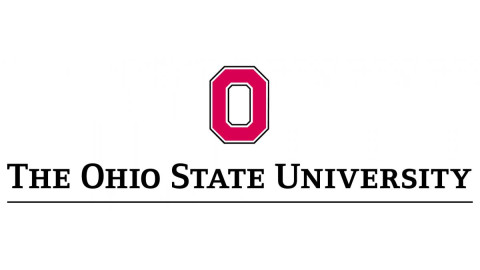
$41,170 to The Ohio State University Foundation for their Collaborating on Educational Approaches to Enhancing Broad Representation in the Ohio Legal Profession, Other Professions, and Leadership Following the SCOTUS Rulings on Affirmative Action Project. Invite approximately 80 Ohio stakeholders, to elicit new ideas to encourage broad participation in the educational pipeline moving forward and engage in problem-solving discussions about implementing widely- supported options for doing so.

$52,770 to The University of Toledo Foundation for the Launch into Law project which seeks to increase the number of historically underrepresented students enrolled in law school.
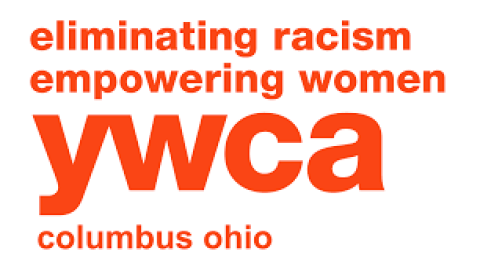
$30,000 to YWCA Columbus for their Racial Equity 101: Train the Facilitator pilot project which will teach high school girls in the Bright Futures empowerment program to facilitate racial literacy and anti racism trainings.
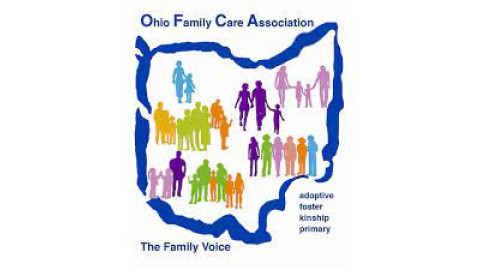
$50,000 to the Ohio Family Care Association to evaluate racial equity in family participation in Ohio's Child Welfare System by completing a year-long systematic review of related Ohio policy and procedures. This project aims to identify laws and practices that present systemic racism in Ohio's Child Welfare system, identify ways that primary, kinship, foster and adoptive families are affected by these laws, codes and practices, highlight the intersection of systemic racism and family involvement in the Ohio child welfare system, and communicate with the child welfare system in implementing a change in embedded racism.
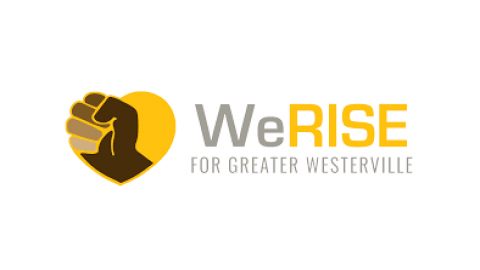
$25,000 to the Westerville for Racial Equity, Inclusion and Social Justice Engagement (WeRISE), which is a recently established civil rights and social advocacy group of 30 members serving the community in the geographic area of the Westerville City School District. WeRISE plans to conduct a comprehensive audit of all diversity, inclusion and anti-racism programming, activism and activity taking place within greater Westerville. The audit will identify what inclusion work is underway by the Westerville Partnership and associated organizations and identify where multiple efforts overlap and what gaps exist. The audit’s goals include increased resource sharing for antiracist legislative, political, and social activism; increased information sharing among partners; increased programming among multiple partners that is deployed more effectively by Westerville’s governmental, educational and community-based entities.
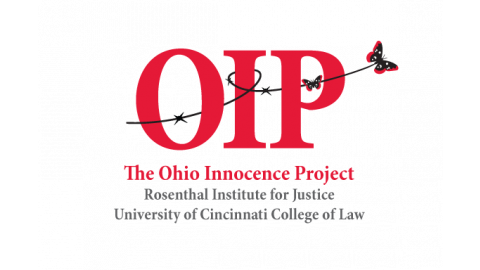
$25,000 to the University of Cincinnati College of Law’s Ohio Innocence Project for their Cincinnati Murder Conviction Audit. This audit will use data from the City of Cincinnati on all homicides in the city since 2011 to thoroughly investigate various cases, then determine if wrongful convictions occurred. Nationally, convictions occur at a much higher rate in the black community, which also indicates a higher risk of potential wrongful convictions. This audit will explore Cincinnati’s record of wrongful convictions, whether institutional racism was a factor, and provide a model for other innocence projects across the U.S. on how to get similar transparency disclosures from government entities.
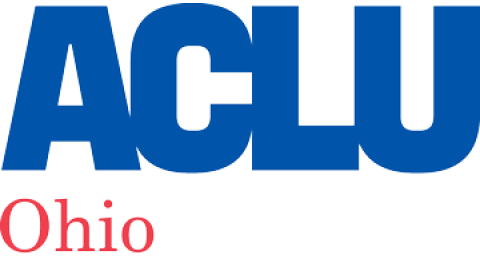
$35,000 to the American Civil Liberties Union of Ohio for its Know Your Rights: Rights versus Reality educational program. This project will educate the public on systemic racism and provide tools for safe interactions with law enforcement. Serving all 88 counties.

$50,000 to the University of Cincinnati Foundation to support the Social Justice and the Law: Assessment and Application in Ohio project which will conduct an assessment of the inclusivity, diversity, and racial equity of the legal profession in Ohio.
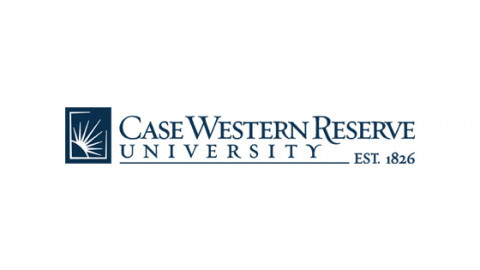
$50,000 to Case Western Reserve University for the Criminal Sentencing Project; a study that seeks to illuminate inequities for Black and brown individuals who have undergone criminal sentencing in Cuyahoga County between 2010-2020 with the goal of promoting positive change in racial equity in the actions of judges.
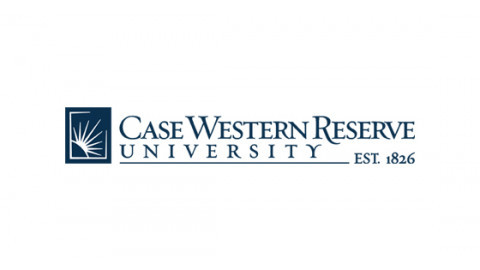
$50,000 to Case Western Reserve University for School of Law Racial Justice Fellowships which will provide opportunities for law students to work with nonprofit organizations that serve marginalized populations and promote racial justice. This program will benefit community partners that do not have the resources to provide paid internships while providing valuable work experience to the law students.
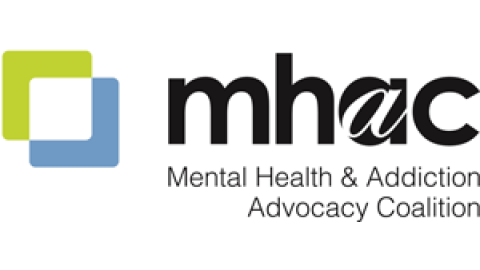
$41,400.00 to the Mental Health & Addiction Advocacy Coalition for their research project to identify areas of racial and ethnic inequity in Ohio’s community behavioral health system by collecting and analyzing available data and making recommendations to improve data collection and eliminate the disparity, inequity, and negative impact that result in poor outcomes for minority populations. The report will suggest strategies to improve data collection to help eliminate disparities, examine possible solutions, and make practical and actionable recommendations. Partnering organizations include Central State University, Multiethnic Advocates for Cultural Competence, and Ohio University.
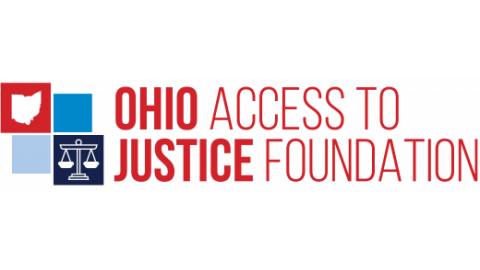
$32,392 to Ohio Access to Justice Foundation for its Improving Access to Justice in Ohio's Civil Legal Arena project which will convene stakeholders to identify legal issues impacting communities of color and create action plans that eliminate systemic barriers around issues in the civil justice system such as child support, debt and financing, sealing of records, and access to fair and affordable housing.
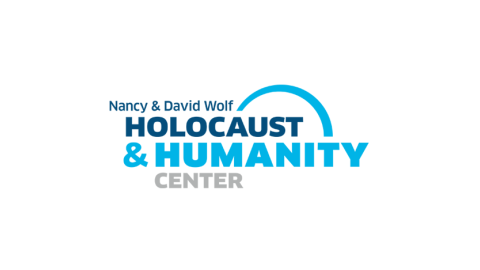
$10,000 to the Center for Holocaust and Humanity Education for their Case Study for Law Enforcement: Building Community Through the Lessons of the Holocaust. Using the history of the Holocaust and Nazification of law enforcement as a case study, they will develop a training for law enforcement professionals that explores the topic of group think, challenge participants to analyze the role of law enforcement in history and its importance in modern-day community building and policing practices, and examine one’s conscious bias. Activities will focus on training implementation, ongoing support, follow ups, and development of a post-training guide. Set to launch in June 2021, the guide will provide ongoing activities/exercises, benchmarks, goals, and suggestions for supervisors to set for each officer.
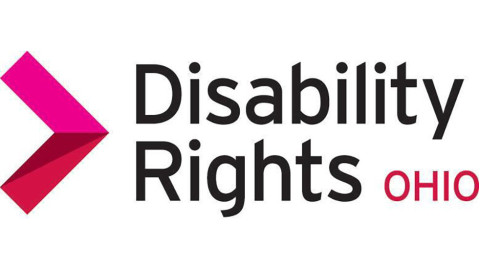
$20,000 to Disability Rights Ohio (DRO) to help initiate its program “Alternatives to Policing and Law Enforcement: Emergency Response Systems in Ohio”. Since the Columbus City Council is working to redesign its community emergency response system as it addresses police brutality, DRO is advocating for a non-policing emergency response system that is anti-racist and trauma-informed and that responds to the needs of people experiencing mental health crises with trained crisis professionals and without the threat of arrest, incarceration, involuntary hospitalization, or other harmful outcomes. DRO will also research what is happening with police reforms in other cities and create written materials around evidence-based best practices for a non-policing emergency response system. This project will also serve to educate the public around these response issues, especially as they relate to the Americans with Disabilities Act.
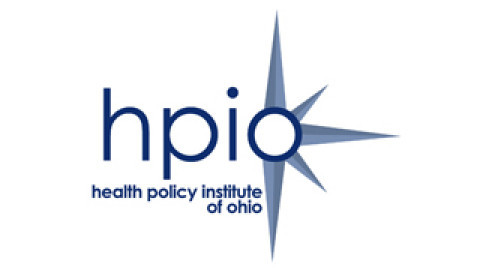
$20,000 to Health Policy Institute of Ohio to support the creation of the second policy brief in a series on the connection between criminal justice and health. This research will focus on initial court hearings, pretrial detention, and the bail system.
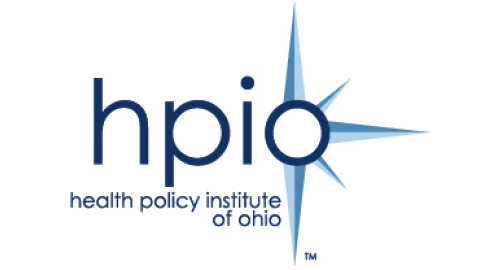
$15,000 grant to the Health Policy Institute of Ohio for their Connections Between Criminal Justice and Health Brief. With grant funding, the Health Policy Institute of Ohio will create its new policy brief, which will provide research on the following:
- The relationship between criminal justice and health
- Data and information on how racism and inequities in the criminal justice system impact the overall health and wellbeing of Ohioans of color
- Opportunities for improvement across the criminal justice and health systems
- Evidence-informed policy approaches to eliminate racism, advance equity, reduce spending, and improve outcomes in the criminal justice and health systems
The new brief will be provided to legislators, state policymakers, and other stakeholders to increase their knowledge of the factors that impact both criminal justice and health, including racism, neighborhood conditions, education, family, and community violence and policing practices.
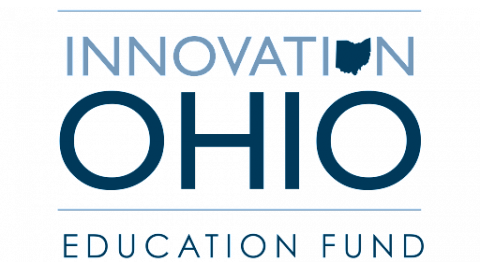
$50,000 to Innovation Ohio Education Fund for the Justice Agenda for Black Women and Girls in Ohio Project. This research will shine a spotlight on ways in which systemic racism within the legal and criminal justice systems impacts Black women and girls and look for proactive solutions to address those barriers.
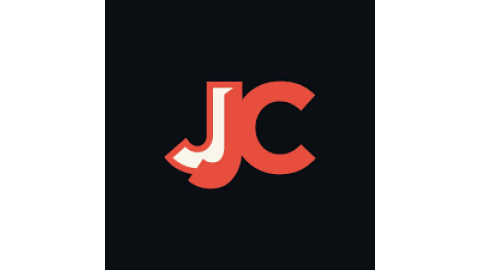
$40,000 to Juvenile Justice Coalition for their Mandatory Bind-over 101 outreach campaign which will educate the public about the impact and racial disparities of mandatory bind over. Serving Franklin County.

$54,195 to Kent State University Foundation for their Examining Organizations' Pledges to Justice-Involved Employees project which will examine hiring practices and support efforts in creating equitable employment opportunities for racially justice-involved individuals.

$49,642 to Kent State University for their Leveraging Community Voices to Advance Racial Equity in Police Training, Practice and Procedures project to address racial disparities in policing, specifically disproportionate violence and over-surveillance faced by African Americans. This project will first hold Community Forum Conversations. The feedback from these forums will then be used to evaluate and revise existing police training through the Kent State Basic Police Academy and develop new Continuing Professional Training for existing officers. Funding would support the first year of a multi-year project.
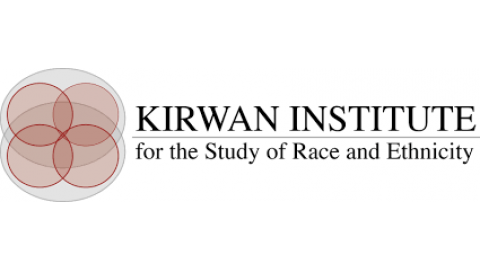
$54,963 to the Kirwan Institute for the Study of Race and Ethnicity to support the Opportunity Mapping for Inclusion project. This study will equip policymakers with the data they need to eliminate racial inequality in housing and development, and provide the tools to reform zoning updates with the end goal of creating more equitable and just communities in Ohio.
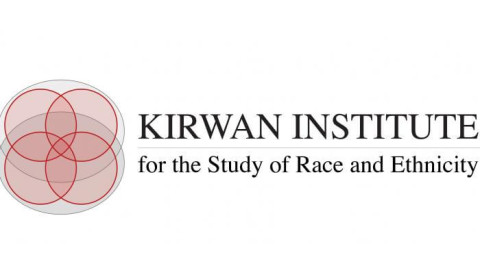
$95,468 to the Kirwan Institute to support the Opportunity Mapping for Inclusion project. This study will equip policymakers with the data they need to eliminate racial inequality in housing and development, and provide the tools to reform zoning updates with the end goal of creating more equitable and just communities in Ohio. Phase two of this project will focus on the city of Worthington as a pilot community for expanding research.
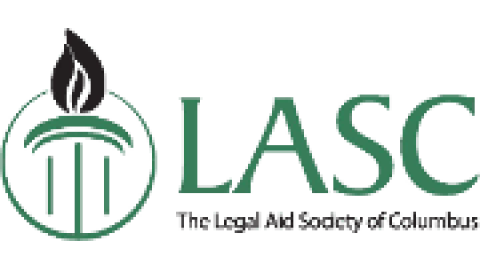
$25,000 to Legal Aid Society of Columbus for their Study on Fiscal Benefit of Right to Counsel in Evictions project, which will conduct a cost benefit study to show the financial benefit to Columbus and Franklin County of funding a right to counsel system for tenants facing evictions which disproportionally impact people of color.
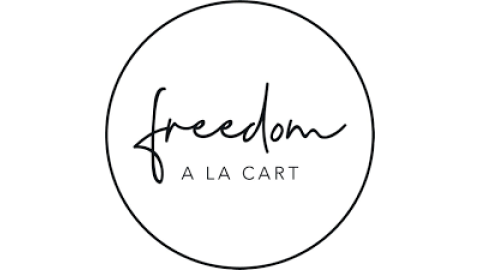
$19,500 to support the Legal Resource & Education Project which will provide legal education and resource referrals to survivors of sex trafficking and create digital educational videos on specialty dockets and restorative justice throughout the state.